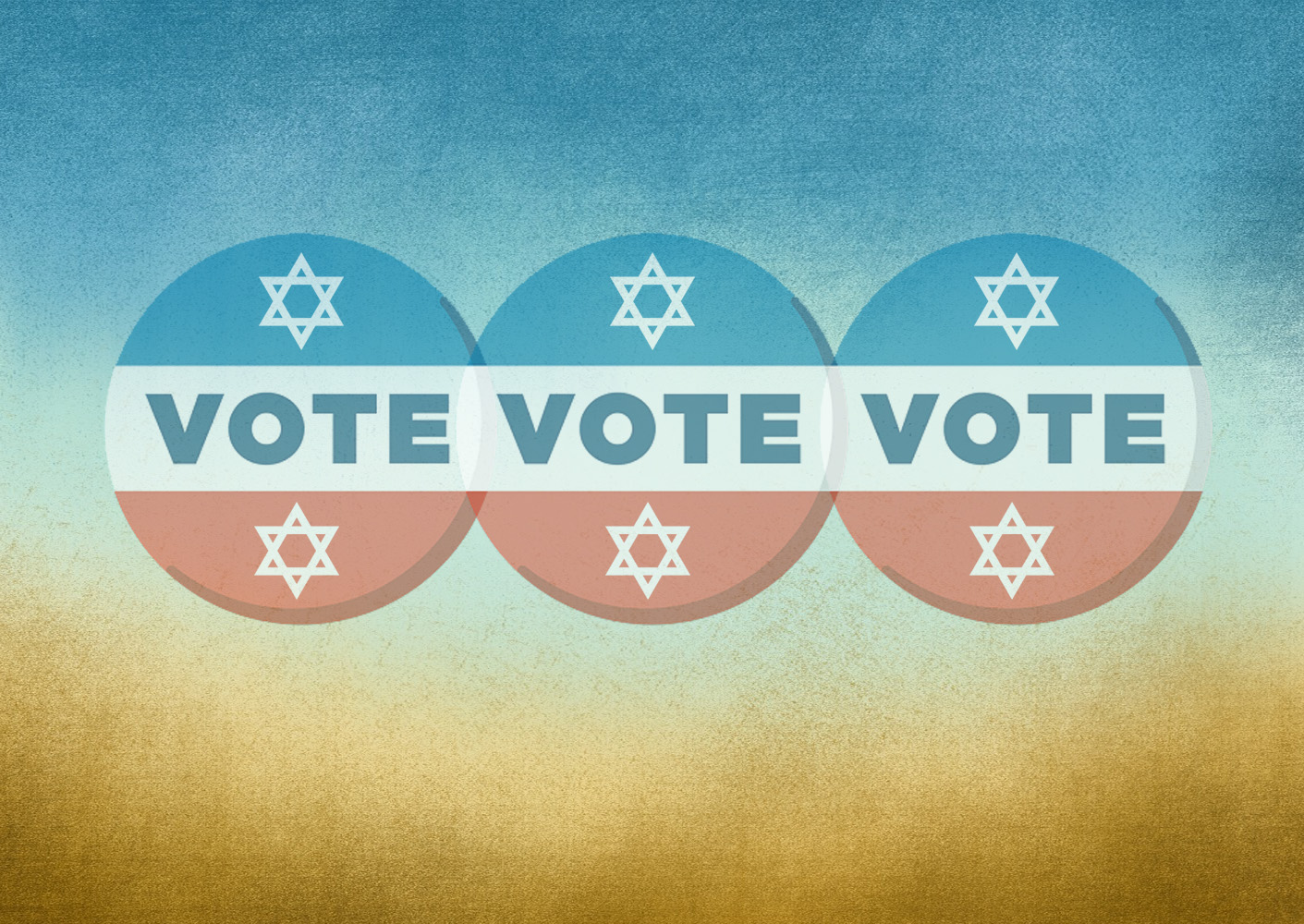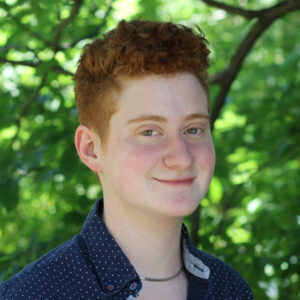Part two of New Voices Magazine’s 2020 Election coverage, reporting on Jewish student responses to this historic event. You can read part one here.
As Jewish students nationwide rolled over in bed, anxiously checking the election results, the uncertainty of Tuesday night went unalleviated. As results trickled in, Joe Biden and Donald Trump were still neck-in-neck in a battle for the electoral vote majority early Wednesday, one that might last long into the week and potentially result in litigation.
With several contentious states still undecided, by midnight it was clear that no winner could be announced. Regardless, after 2am, President Trump falsely declared a preeminent victory, despite the fact that many votes remained untallied.
This limbo between presidencies has many Jewish students wondering what will come of a country so divided. The first exit poll of Jewish voters demonstrated the most overwhelming rejection of an American president in 20 years. According to J Street, Jewish voters favored Biden 77% to 21% in a commissioned poll of 800 Jewish voters, a seven-point increase for the Democrat candidate over the same poll’s 2016 finding, twice the margin of error.
For many, the long term ramifications of such a split imply tumult and fear. Knowing that half of the country supports the often-extremist, heavily Christian ideology peddled by the Trump Administration has left many Jewish students unsettled. Trump’s failure to condemn the deadly neo-Nazi march in Charlottesville, Virginia, tacit support of the antisemitic QAnon theory, xenophobic attempt at banning Muslims from travel to the United States, and callous references to white supremacist groups and ideas collectively contribute to a growing sense of bigotry endemic to the America imagined by Trump and those who support him. Liberal and progressive Jewish students have found themselves at odds with this vision of American identity unrecognizable from the mythologies of America they’ve grown up with.
After a late night, the mood was mixed on Wednesday morning.
“I went to bed around 1am last night, I was watching Legend of Korra with my roommate to distract ourselves while keeping an eye on the numbers,” said Syd Bakal, a senior at Yale University early on Wednesday. “I checked this morning, read through the NYtimes and a couple other news broadcasts to see what the results were looking like. I’m feeling a lot more hopeful this morning…but I was anxious about the fact that Trump declared the election should be won in his favor and they should stop counting ballots that have already been cast.”
Later that morning, Bakal parked themself at a spot on campus with a box of coffee and milk, writing to friends and community that they were welcome to drop by and chat socially-distanced — about the election or about unrelated, more mundane distractions, hoping to help decompress from the anxiety. As a peer mentor for first-year LGBTQ students, Bakal was one among many on Yale’s campus to take on a role of supporting and comforting distressed students, including zoom sessions, hikes for students of marginalized identities, and a “Cupcakes and Coffee” event hosted by local rabbis.
Other students remain uneasy but tentatively hopeful for the impending week of vote-counting and civic action. “I went to bed last night thinking it was over and that Trump was going to win the election and was pretty disappointed,” said Avery Rush-Elias, a student at Earlham College in Richmond, Indiana. “I’m still disappointed regardless of the outcome, that so many people in our nation would still vote for him after the previous four years. Right now I’m more hopeful than I was last night that a better outcome could actually happen.”
It’s a precarious hope, with neither outcome seeming cheery for Rush-Elias and his friends. “Being in the limbo state sucks, but I’m trying to think of it more as a continuation of what’s going on,” he said. “It’s like the devil you know versus the devil you don’t. And right now, I know the devil.”
To pass the time and find a sense of normalcy, the usual group of students who haunt Earlham’s Jewish culture center meandered over to Starbucks. “There’s a lot more anxiety today but it’s like weird anxiety. People are laughing but it doesn’t feel like laughter,” reported Emma Milner-Gorvine, another student at Earlham who attended two classes that let out early because students struggled to pay attention. An interfaith vigil was held later in the day, where Milner-Gorvine delivered a Jewish prayer for peace.
Many students took action and prepared to attend protests. In Madison, the location of University of Wisconsin’s flagship campus, many students attend actions around the state capitol organized by local activist groups rallying for community solidarity. The Wednesday afternoon demonstration happened concurrent to Wisconsin being officially called for Biden, making it a flipped state in favor of the Democratic party.
Some students expressed hesitation about whether or not to attend protests due to coronavirus concerns while others debated the efficacy of demonstrations so early on in the election week.
“We got an email from the president of our college talking about different rallies in neighboring towns today and tomorrow,” reported Al Coffey, a senior at Hampshire College in Amherst, Massachusetts. “I think there are elements of that that seem attractive, more than what would actually do, namely the element of being with other people. At the same time, I feel apprehensive about that. There was a COVID scare on my campus last week, we’re all awaiting COVID results. I don’t think I want to be in a big crowd until I know what the COVID situation is on this campus.”
As more electoral votes are confirmed from key states, students are making decisions about their framing for the weeks to come.
“No election was going to solve the problems in this country,” Al Coffey conceded Wednesday afternoon. “Donald Trump won’t condemn white supremacy. I have no idea how many people died of COVID yesterday, I’m sure it was a lot. Those are huge problems that no one politician can face. To an extent I have fear in the future, but I have confidence in the ability of people everywhere to behave in ways that are fitting.”
Among Jewish students, there is a lot to believe in. Over the past four years, activism has become a mainstay of community for many progressive Jews. Evan Feldberg-Bannatyne of Earlham College feels that he has embraced his Jewish identity both in response to rising antisemitism (which he follows by subscribing to a website his friend founded, called “howtofightantisemitism.com”), and through the community he formed while organizing against Trump Administration policies.
As a founding organizer with the national Jewish immigration activist group Never Again, Feldberg-Bannatyne feels his Judaism was forged in the fires of protest. “Because of Trump’s further weaponization of ICE, I think I was able to kind of reclaim and grow into my Jewish identity by linking arms with Jewish community members in the fight to shut ICE down through Never Again Action,” he said Wednesday evening, reflecting on the week of potential protests on the horizon.
Though litigation, demonstrations, and civil unrest seem likely, many Jewish students are focused on the pursuit of democracy. From Massachusetts, Al Coffey remained engaged. “The most important thing to remember is that everything we do is political.”

